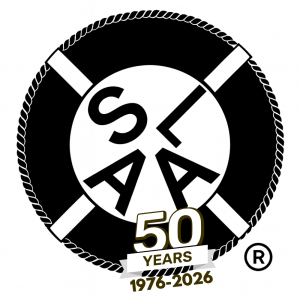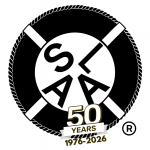The Question:
Hello, I have been asked by an SLAA group of which I am the secretary to rewrite the 9th Sign of Recovery as it seems to all of us as a clumsy use of language. It suggests that we begin to substitute honesty for self-destructive ways of expressing emotions and feelings. This can easily be misconstrued so my question is ….can I rewrite this and allow group conscience to decide or are these things laid down in stone?
Response #1:
The Signs of Recovery are a Core Document of the SLAA program, along with 7 other documents. They include the 12 Steps, 12 Tradition and 12 Concepts. As part of the Core Documents, they are very important to the Fellowship and not something that can or should be easily changed. However, because each meeting is autonomous (as laid out in Tradition 4), you could obtain a group conscience and modify a Sign of Recovery as per the groups decision.
Having said that, I would strongly recommend against making any changes to a Core Document. Members who attend multiple meetings will find it confusing that this meeting has a different version. And, the Signs have stood the test of time and been very helpful to many in the program, including myself. I have found that Sign to be particularly helpful, and it is something that I strive for in all my relationships.
Response #2:
My answer is: “how would/could it be misconstrued” It seems very clear to me – before coming to the program I used self-destructive ways of expressing my emotions and feelings – either by acting out, or otherwise avoiding or not expressing my true feelings. Working the SLAA program has taught me healthier choices, to be able to connect to my true feelings and express them in healthier, more honest ways, and to align my actions accordingly.
Response #3:
Other than our Higher Power the highest authority in the Fellowship of SLAA is the local meeting as expressed by the meeting’s group conscience (Traditions 2 and 9). We do not govern. We have no binding rules, only suggestions. Nothing is “laid down in stone.” So, yes, change away. It is possible that you may come up with an improved Sign #10. If so, I hope your group will submit the change as a motion to be considered and discussed by the Annual Business Conference and thus, perhaps, one of the Eight Core documents would be updated.


